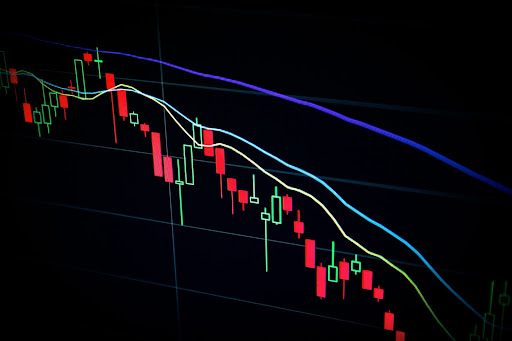The real-time currency value is the most important factor for every owner of trading accounts as it determines which positions bring profits and which bring losses. In this quick guide, we will tell you how to check currency value in the right way if you are a trader.
How Are Currencies Valued?
In simple terms, currency value is determined in the same way the market determines the price of any other good or service – by comparing supply and demand. The supply and demand of every currency are regulated by the governments through established fiscal and monetary policies. Besides, you should understand that supply and demand are heavily affected by such factors as :
- Inflation – if the inflation is high, it means that the currency holder has a lowered purchasing ability, and the costs of currency-local goods will increase. Countries with high inflation rates generally experience lowered currency demand and, as a result, lower currency value.
- Monetary supply – if the money supply in a currency-native country goes up, the value of the currency goes down and vice versa.
- Current interest rates – the higher interest rates a country offers to the market, the higher its currency value can get. Higher interest rates attract investors, increase demand, and, as a result, the value.
- Capital flow – if the demand for a currency is high, it indicates that more capital flows into its country. On the contrary, capital outflow indicates a negative trend for a currency.
If you look at the USD as an example, you will notice that its value is measured through exchange rates, currency reserves, and government bonds, and you have to consider all three to understand where the USD is headed at the moment.
After the global cancellation of the gold standard in 1971, two exchange rate systems have been used to value a currency:
- Fixed-rate system – if a country has a fixed exchange rate, it means that its currency is “attached” to a more stable anchor currency in order to move identically on the market. USD is the most frequently used anchor currency. The downside of using USD or any other currency as an anchor currency in terms of a fixed exchange rate system is policy dependence, lower currency liquidity, and lower volumes of free trade.
- Floating rate system – if a country has a floating exchange rate system, it allows the situation on the foreign exchange market to affect the currency value based on the global supply and demand. Countries with floating rate systems have more independent economic policies, generally higher liquidity, but also higher exchange rate volatility. However, the government will always intervene to keep the fluctuation band of the currency reasonable.
Check & Understand
Now that you understand what factors determine currency value, you can simply google the current value of a chosen currency, look at the trend, and make conclusions about the situation on the market. Don’t forget to analyze all the factors that affect currency value, make sure to know the exchange rate system type of the country, and you will always be ahead of the headlines. Stay tuned for more useful guides!



 Bitcoin
Bitcoin  Ethereum
Ethereum  Tether
Tether  XRP
XRP  Solana
Solana  USDC
USDC  TRON
TRON  Cardano
Cardano  Lido Staked Ether
Lido Staked Ether  Avalanche
Avalanche  Toncoin
Toncoin